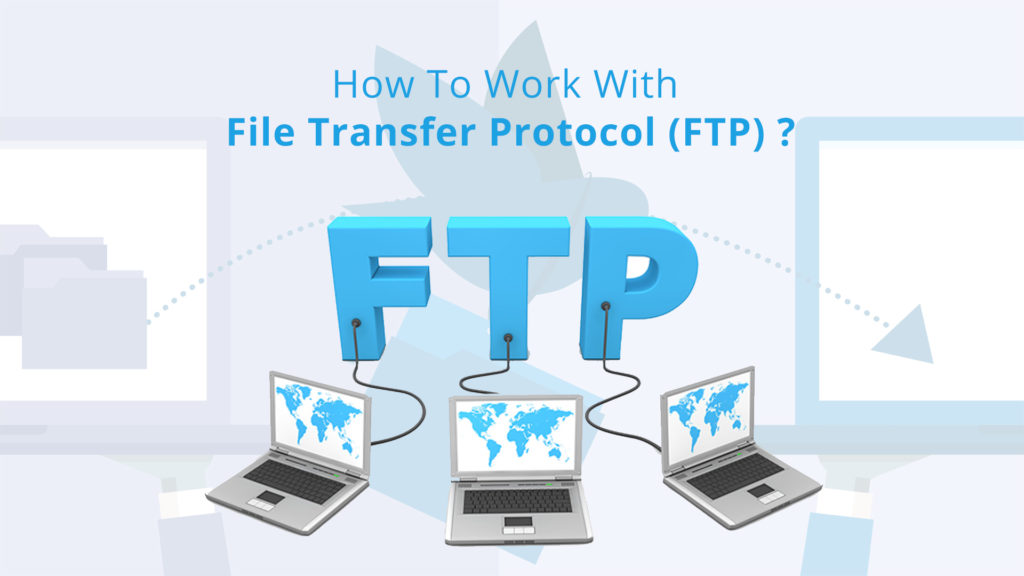Securing businesses and organizations, regardless of their size, is a matter of great importance. Whether it involves monitoring premises, responding promptly to emergencies, or effectively managing personnel, having an efficient security dispatch system is absolutely crucial. In recent times, security dispatch software has emerged as a tool that can significantly streamline operations while improving response times and overall security management.
However, many commercial property owners are still unaware of this technical advancement in security systems. In case you are one of them, this guide on security dispatch software is for you.
In this guide, we will delve into the features, benefits, and factors to consider when selecting the security dispatch software for your needs.
Table of Contents
Understanding Security Dispatch Software
Security dispatch software refers to a solution specifically designed to automate and centralize the process of dispatching security personnel, resources, and equipment. It serves as a hub that effectively manages security incidents by facilitating the coordination of responses and maintaining critical communication channels.
Key Features of Security Dispatch Software
- Incident Management: One of the core functionalities offered by security dispatch software is its ability to record incidents seamlessly while tracking them until resolution. This empowers security personnel to efficiently handle emergencies such as alarms or other related issues.
- GPS Tracking and Mapping: Real-time GPS tracking coupled with mapping capabilities empowers dispatchers by providing them with locations of both security personnel and assets on a digital map interface. This feature contributes significantly towards improving response times while optimizing resource allocation and enhancing awareness.
- Effective Communication: Effective communication plays a vital role in security operations. Security dispatch software provides communication channels, such as voice calls, instant messaging, and file sharing, facilitating collaboration among dispatchers’ security teams and other stakeholders.
- Dispatch Automation: Through automated capabilities, security dispatch software assigns personnel to incidents based on predefined rules and requirements. This feature streamlines the dispatching process, reducing errors and response times.
- Analytics and Reporting: Security dispatch software offers analytics. They are reporting features that enable managers to gain insights into operational performance incident trends, response times, and resource utilization. These insights are valuable for identifying areas for improvement and making data-driven decisions.
Benefits of Security Dispatch Software
- Enhanced Efficiency: By automating tasks and streamlining operations, security dispatch software improves efficiency. It eliminates paperwork burdens and reduces tasks while enabling incident response – ultimately leading to enhanced safety measures.
- Improved Response Times: Real-time incident monitoring combined with automated dispatching and GPS tracking significantly enhances the response times of security personnel. They can promptly reach incidents quickly to minimize damage or resolve issues effectively.
- Enhanced Communication and Collaboration: Security dispatch software simplifies communication between dispatchers, security personnel, and stakeholders—promoting collaboration among all parties involved. Smooth and effective communication channels play an important role in facilitating coordination and collaboration, which leads to a quick and efficient response to incidents.
- Management of Data in One Place: Storing all the data related to security incidents in a database ensures access to critical information. This promotes transparency, helps with compliance, and supports decision-making based on evidence.
- Adaptability: The software for security dispatch offers scalability, allowing organizations to adjust to evolving security needs. It can be customized as per requirements, whether it’s expanding operations, adding security personnel, or meeting changing compliance standards.
Factors to Consider while Selecting Security Dispatch Software
- Integration with Existing Systems: Make sure that the security dispatch software seamlessly integrates with existing security systems like access control, surveillance cameras, and alarms. This integration optimizes incident management. Enhances security effectiveness.
- User-Friendly Interface: Look for software that has a user-friendly interface. This ensures ease of use, reduces the learning curve, and encourages adoption among security personnel.
- Mobile Accessibility: Since security operations often require personnel to be on the move, opt for a security dispatch software that offers accessibility. This enables security personnel to access information, receive notifications, and take action on incidents in time, even when they are not at their desks.
- Options for Customization: Each organization has its security requirements. Customizable software for managing security dispatch allows organizations to adapt the system according to their needs, ensuring efficiency and effectiveness.
Conclusion
Security dispatch software is a game changer for businesses and organizations aiming to enhance their security operations. By offering incident management GPS tracking, communication management, and automation capabilities this software significantly improves response times, efficiency, and effectiveness. When selecting security dispatch software it’s crucial to consider integration options, user-friendly interfaces, mobile accessibility, and customization capabilities. With the appropriate software in place, organizations can strengthen their security measures and create a harmonious environment for employees, stakeholders, and assets.

